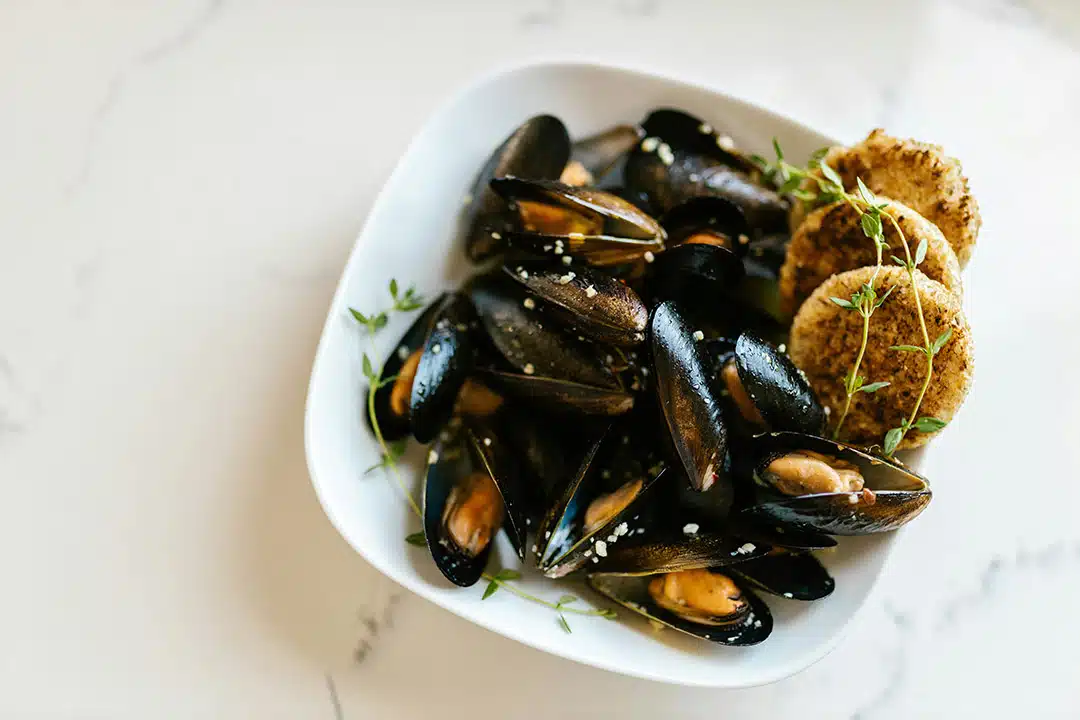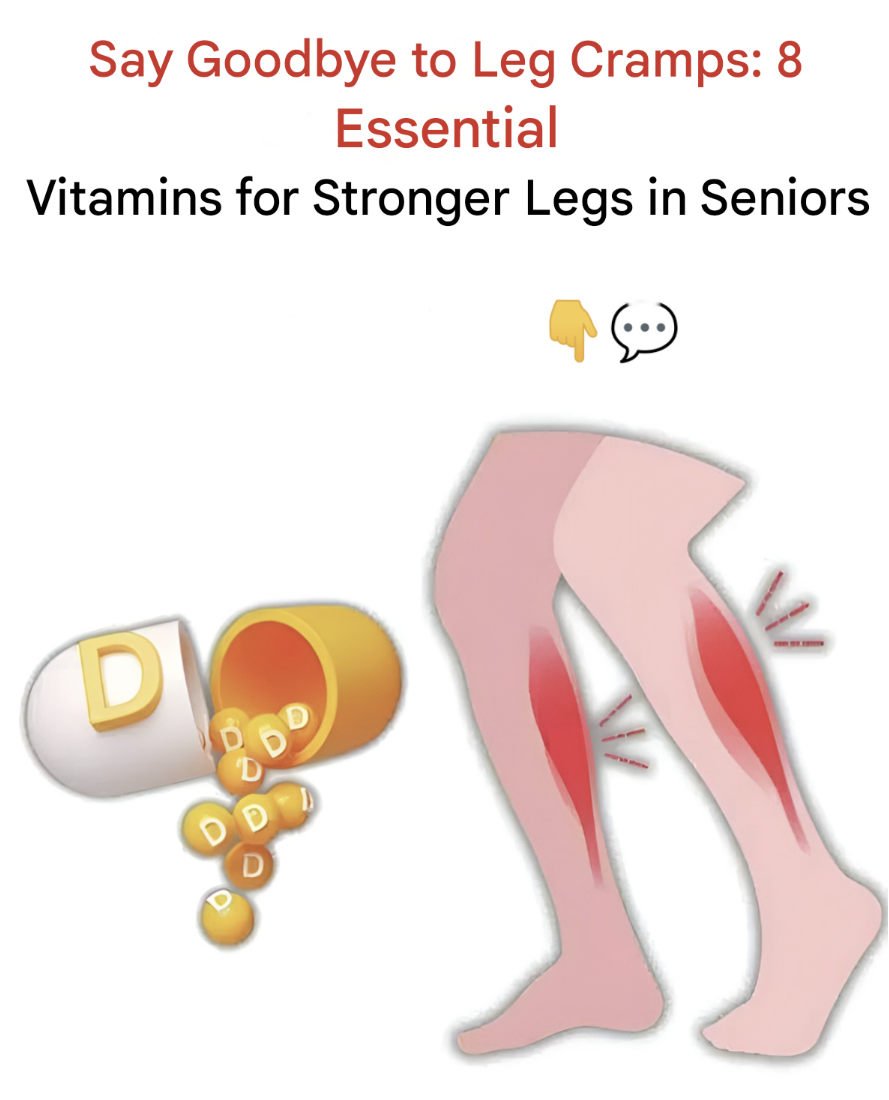Collagen is a natural component of connective tissue. With age, it becomes scarce, which can affect joint comfort and muscle flexibility.
To boost it : consume bone broth, oily fish, or collagen supplements combined with vitamin C to optimize its assimilation.
-
Omega-3s, natural anti-inflammatories

Are your legs tight, swollen, or sensitive? Omega-3 fatty acids can help soothe some silent inflammation.
Where to find it ? In sardines, salmon, flaxseeds, walnuts, and vegetable oils such as rapeseed or flaxseed. Fish oil capsules are also a convenient alternative.
-
Zinc, for strong muscles
Little known for its effects on the legs, zinc is nevertheless an important nutrient for muscle recovery and joint flexibility.
In your diet : oysters, white meats, pumpkin seeds. Recommended intake varies between 10 and 15 mg per day , depending on needs.
-
Vitamin K2, the guide to calcium

This vitamin acts as a GPS for calcium: it helps it bind to bones and limits deposits in soft tissues, such as joints.
Foods to favor : natto (fermented soybeans), certain aged cheeses, raw butter or butter from pasture milk.
-
Selenium, a micronutrient with powerful effects
Selenium protects cells from oxidative stress and contributes to the proper functioning of metabolism, particularly at the muscular level.
The simple trick : two Brazil nuts a day are enough to cover your needs. Combine them with a source of vitamin E (almonds, sunflower oil) for a stronger effect.
Strong legs start on your plate… and you can feel it with every step!
